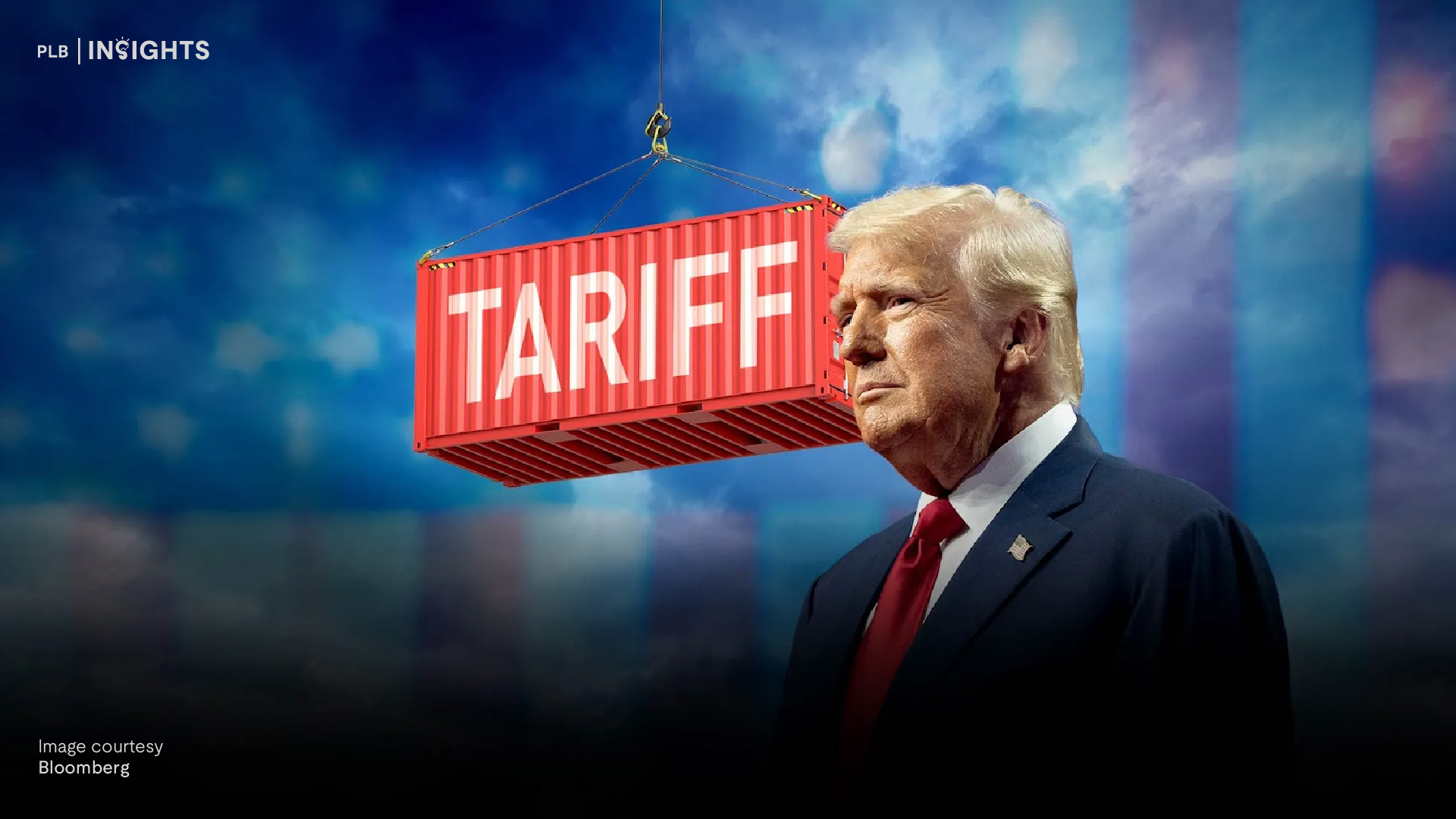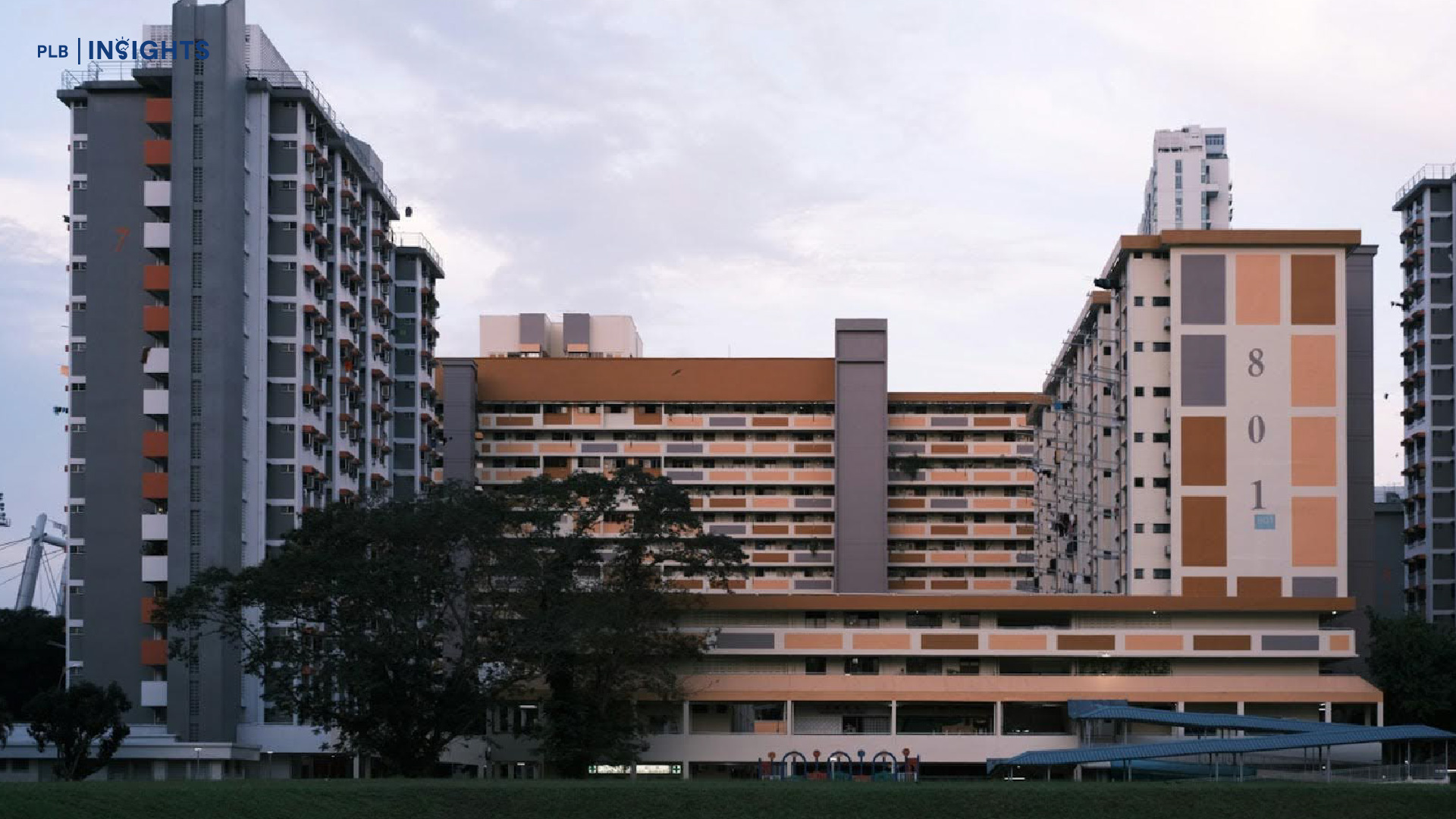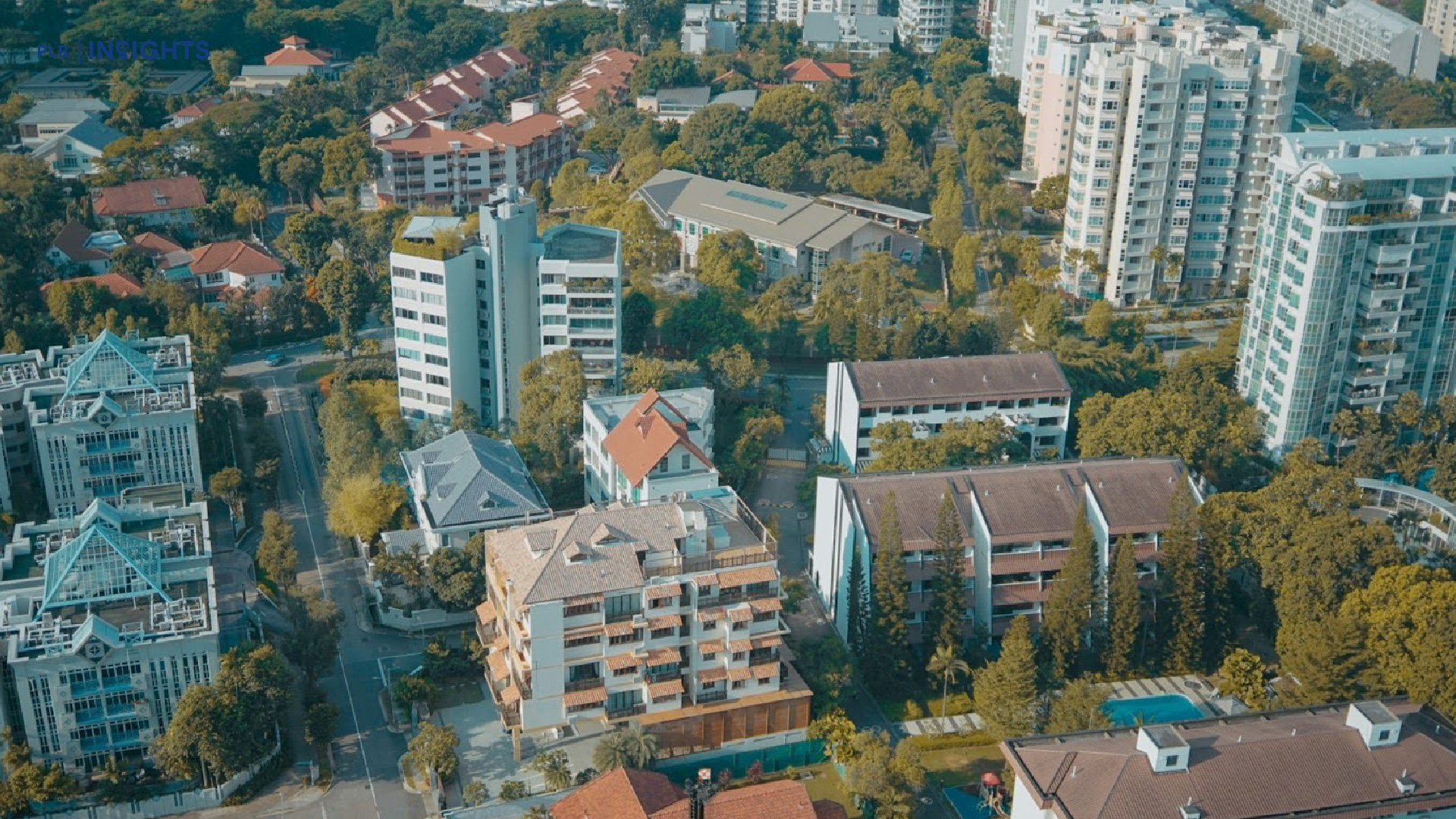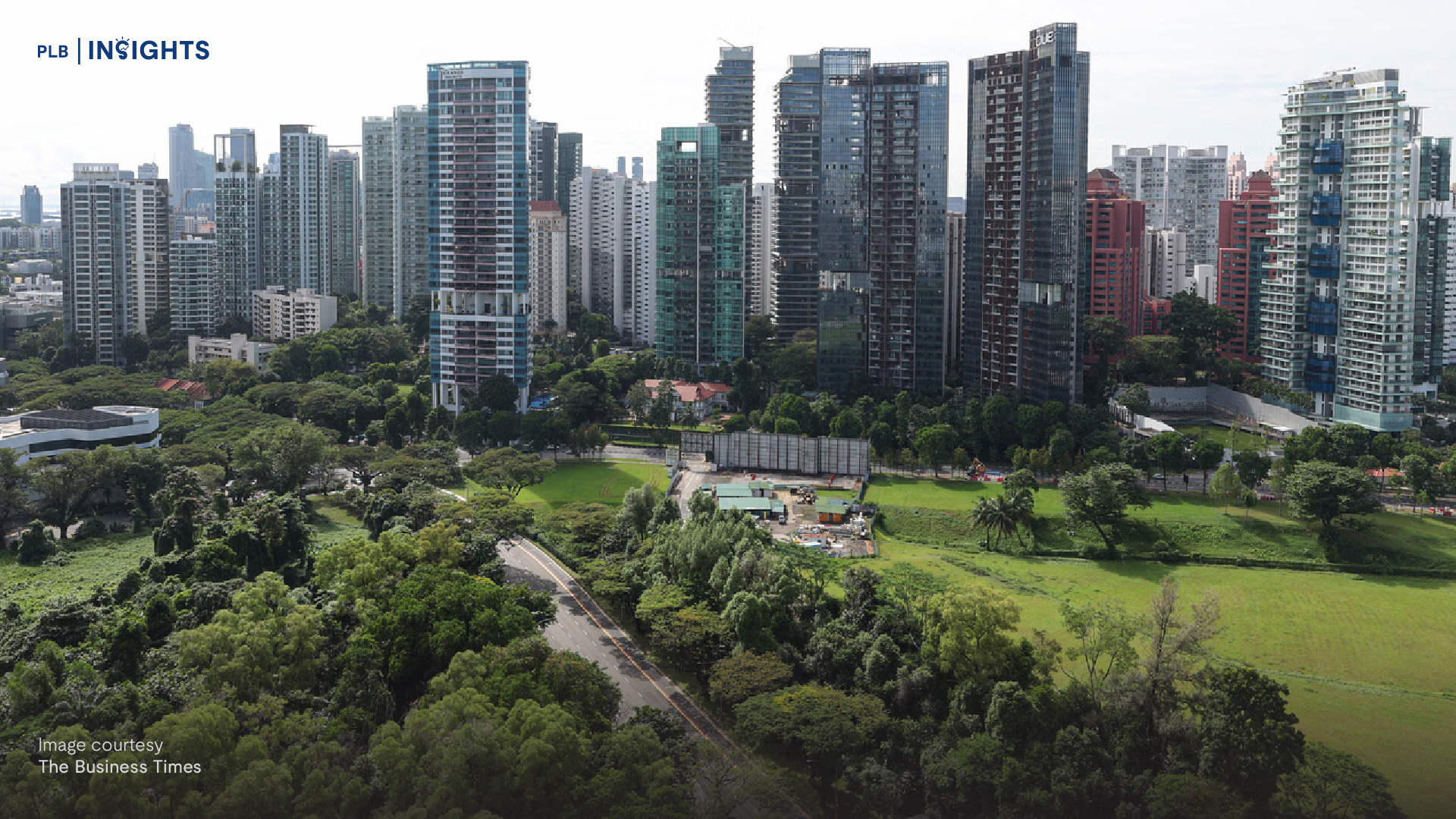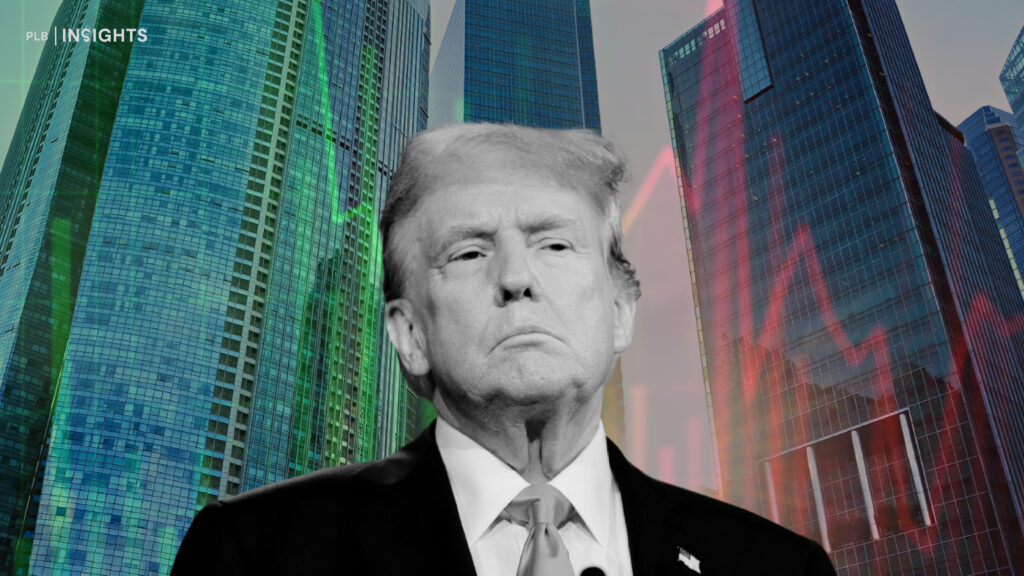
With a Trump presidency now a confirmed reality, the global economy is bracing itself for a new era of unpredictability. From sweeping economic reforms to unprecedented shifts in foreign policy, the United States is poised to reshape its role on the world stage. As one of the most influential economies in the world, any changes in America’s trade policies, interest rates, or investment regulations will undoubtedly create ripple effects across international markets. For countries like Singapore—where the economy is deeply intertwined with global trade flows and foreign investments—the implications could be profound.
Singapore’s property market, in particular, stands at a unique crossroads. Known for its stability, high demand, and tightly regulated structure, it has long been a safe haven for foreign investors and expatriates looking for a strategic foothold in Asia. However, shifts in U.S. economic policy under Trump, especially with potential tax reforms, tariffs, or changing interest rates, may alter the calculus for foreign investors and impact the flow of capital into Singapore’s real estate sector. Additionally, Singapore’s close economic ties with the U.S. mean that changes in American monetary policy, employment, and growth outlooks may significantly affect local housing demand and pricing.
Many experts, from financial analysts to real estate developers, are closely watching to see how these shifts may impact property demand and valuation in Singapore. Some anticipate that changes in immigration and tax policies in the U.S. could prompt foreign investors to pivot towards the Asian market, making Singapore a prime candidate for new investments. Others caution that an economic slowdown in the U.S. could dampen foreign investor confidence, stalling growth in Singapore’s luxury and high-value property segments. In the face of this uncertainty, one thing is clear: as global markets react to the winds of change from Washington, Singapore’s property market must also brace for potential shifts in response to a Trump administration.
This article will examine the possible scenarios in which U.S. policy shifts under Trump’s presidency could influence Singapore’s property market, assessing factors such as trade policies, currency exchange dynamics, and investor sentiment. How will Singapore’s real estate sector adapt to this new reality? And what can investors expect as they navigate this era of global change?
Singapore’s Residential Property Market Exposure to the U.S.
Singapore’s residential property market is, by and large, driven by domestic demand and guided by local government policies that are specifically crafted to manage growth, stability, and affordability in a high-density environment. Unlike more open property markets, Singapore’s market remains relatively insulated from international volatility, with strong regulations and local buyer demand serving as buffers. Yet, as a global financial hub with extensive foreign investment and trade links, Singapore is not entirely immune to external economic shifts, especially those from the U.S., one of its largest trading and investment partners.
While direct impacts from U.S. policy changes may be limited, certain indirect influences—like inflation and interest rates—can play a critical role in shaping Singapore’s property market conditions. For example, if U.S. economic policy changes under Trump lead to higher inflation, there could be an increase in global commodity prices, which would affect construction costs and property development expenses in Singapore. Rising costs could either be passed on to buyers through higher property prices or lead to project delays as developers reassess financial feasibility.
Interest rates, a major factor for housing markets, represent another indirect channel of influence. The U.S. Federal Reserve’s interest rate policies often set the tone for global markets, including Singapore’s. If a Trump administration adopts expansionary fiscal policies that result in inflationary pressures in the U.S., the Federal Reserve might respond by raising interest rates. This, in turn, could pressure Singapore’s Monetary Authority (MAS) to adjust its own monetary policies to prevent capital outflows or excessive currency volatility. Higher domestic interest rates would directly impact mortgage rates in Singapore, raising the cost of borrowing and potentially cooling demand in the property market.
In this article, we’ll delve into these indirect influences in greater detail in the next few sections, examining how global shifts in inflation and interest rates tied to a Trump presidency might ultimately affect Singapore’s residential property market. While Singapore may be shielded from some of the more immediate impacts of U.S. policy changes, these economic undercurrents could still reshape the local housing landscape in subtle yet significant ways.

Will higher Inflation numbers hit Singapore?
Understanding how inflation under a Trump presidency could impact Singapore’s property market requires a nuanced view of the interlinked global economy and Singapore’s unique economic landscape. While a Trump presidency may introduce policies generally seen as inflationary, the effects on Singapore, and particularly its property market, may differ due to specific trade dependencies and Singapore’s domestic economic strengths. With rising tariffs on U.S.-Asia trade, for instance, there is potential for increased costs in sectors reliant on imports, yet there are also scenarios where inflation in Singapore could be mitigated or even countered by regional shifts in trade.
One immediate concern with inflationary policies from the U.S. would be the cost of imported goods, especially commodities that fuel construction—key materials like steel, copper, and other metals. Tariffs and trade restrictions could disrupt supply chains, pushing up material prices globally and making construction more expensive. This would typically raise development costs for property in Singapore. However, with the U.S. imposing higher tariffs, Asian exporters who would have otherwise relied on the American market may redirect surplus goods to closer, regional partners like Singapore, which could stabilise or even lower prices on specific commodities locally.
Moreover, trade tariffs may result in regional partners looking toward intra-ASEAN trade partnerships, increasing price competitiveness within Asia. This shift could soften the inflationary effect for certain goods within the ASEAN region, benefiting local markets and alleviating inflationary pressures that might have arisen from a pure U.S.-Asia trade conflict. Singapore, with its role as a major trade hub, may stand to gain from this reconfiguration of trade networks, particularly if surplus commodities enter the market, offsetting costs in certain sectors, including construction.
It is also worth noting that real estate inflation in Singapore isn’t solely driven by global commodity prices or trade policies. Domestic factors such as the country’s cooling measures, buyer demand, and regulatory policies play a more substantial role in shaping property prices. This regulatory insulation could mean that any inflation from U.S. policies trickles down more gradually, and with less volatility, into the property market, making significant impacts unlikely in the short term.
In the end, while higher tariffs, disrupted trade, and shifting commodity costs may bring inflationary pressures globally, Singapore’s position in regional trade networks and its regulatory control over the property market offer some buffering effects. As U.S. economic policy changes filter through the global economy, Singapore’s property market may experience some indirect impacts, but the overall inflationary risks remain moderated by local conditions and the ASEAN region’s flexibility in adjusting to new trade realities.
Will Interest Rates be higher under a Trump presidency?
Interest rates play a significant role for Singaporeans considering property purchases or refinancing, as changes in U.S. policy can indirectly impact local mortgage rates. While the Federal Reserve is independent from the executive branch and sets its policies based on economic indicators like inflation and employment, its actions still influence the broader financial landscape, and this includes U.S. bond yields, which in turn can affect global borrowing costs. In recent years, the Fed has moved rates to counter inflationary pressures, and while they recently cut rates on 7 November by 0.25%, the Fed Funds Rate remains relatively high at 4.5% to 4.75%. Importantly, U.S. mortgage rates tend to track bond yields more closely than the Fed Funds Rate, and this dynamic can have downstream effects on interest rates globally.
The reason bond yields are rising under recent economic conditions has to do with investor expectations of inflation and the government’s need for borrowing. When investors expect inflation to rise, they demand higher returns on bonds to offset the decreasing purchasing power of future interest payments, causing bond yields to increase. Additionally, a high demand for government debt in the form of bonds, especially if there are significant budget deficits, drives up bond yields as governments offer higher returns to attract investors. Under a Trump presidency, with the possibility of increased spending on infrastructure and defence, as well as tax cuts, the federal deficit may increase further, leading to even higher bond yields as more borrowing is required to finance government expenditures.
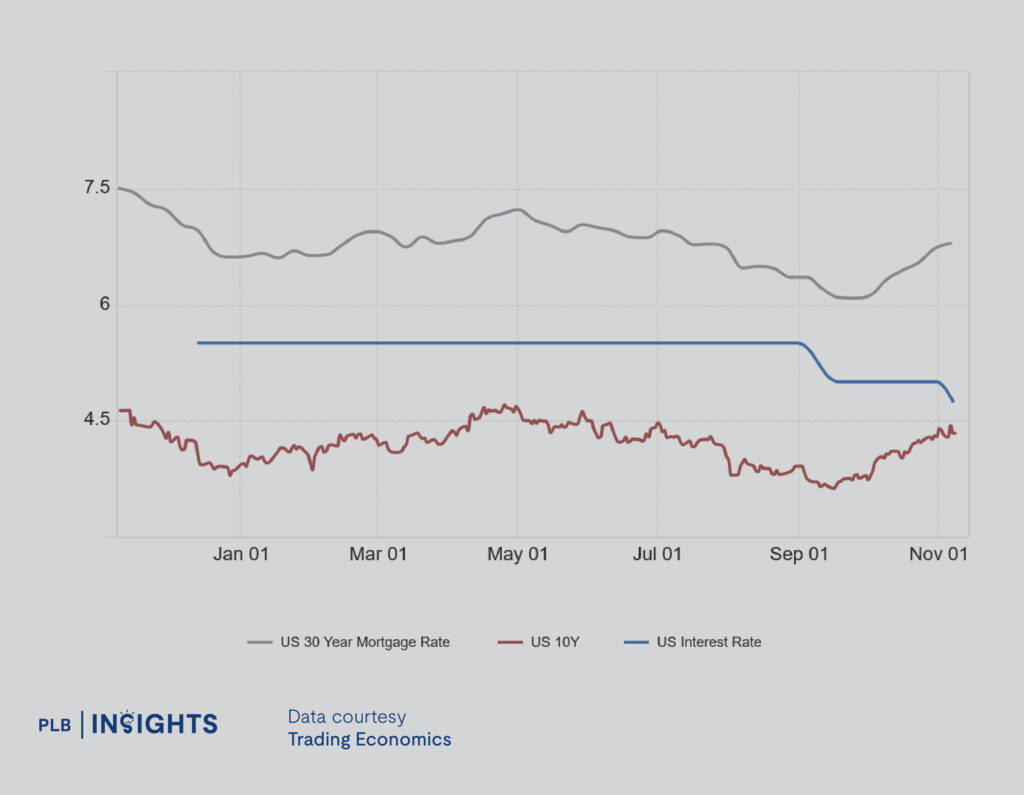
As U.S. bond yields rise, global markets often follow, as bond yields influence overall interest rate trends in interconnected economies. Higher U.S. bond yields typically attract foreign investors seeking better returns, potentially driving up yields in other countries. For Singapore, a rise in U.S. bond yields could mean upward pressure on the Singapore Overnight Rate Average (SORA), which are key benchmarks for local mortgage rates. Even though Singapore’s central bank, the Monetary Authority of Singapore (MAS), doesn’t set interest rates like the Fed does, the country’s open economy and strong financial ties with the U.S. mean that local interest rates can rise as global borrowing costs increase.
For Singaporean property buyers, rising bond yields and interest rates under a Trump presidency could make mortgages and refinancing more costly. A higher interest rate environment could, in turn, affect housing affordability and overall demand, which may slow price growth in the property market. Consequently, buyers should consider the potential for higher monthly mortgage payments if U.S. policy shifts lead to a continued rise in bond yields and borrowing costs globally. In the short term, mortgage rates may not see dramatic shifts, but sustained increases in U.S. bond yields could contribute to a trend of gradually higher borrowing costs in Singapore over time.
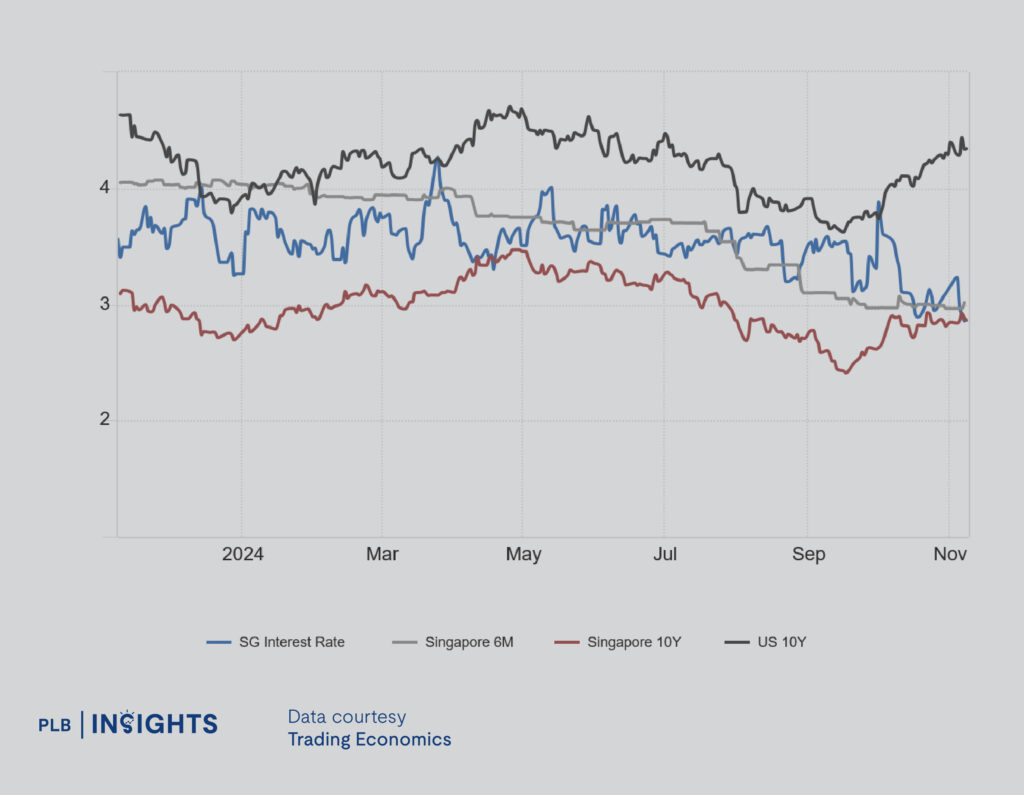
In Singapore, local mortgage rates are heavily influenced by short-term interest rates, particularly the Singapore Overnight Rate Average (SORA) and the 6-month Singapore Treasury Bill (T-bill) yield, rather than longer-term yields like the 10-year Singapore Government Securities (SGS) yield. Historically, the overnight rate and 6-month T-bill yield have generally tracked closely together, with the 10-year SGS yield usually sitting above these short-term rates. However, the current environment shows an unusual convergence, where the 10-year SGS yield is approaching or even expected to surpass the overnight rate and the 6-month T-bill yield. This convergence is indicative of changing expectations in the market, often driven by concerns about persistent inflation and long-term interest rate stability.
The implications of this convergence for Singapore’s mortgage rates are significant. First, mortgage rates tied to SORA or other short-term benchmarks could face upward pressure if the 10-year SGS yield continues to rise, as the trend may signal a shift in investor sentiment toward expecting higher rates in the longer term. As long-term rates rise, the cost of financing for banks and financial institutions in Singapore also increases, potentially leading to a pass-through effect on mortgage rates. This means that property buyers and existing homeowners with variable-rate loans may see their mortgage rates and monthly payments rise, even if short-term rates remain steady or decline slightly.
Another factor that can impact mortgage rates in Singapore is the presence of foreign banks that operate with varied funding costs, influenced by the interest rates in their home countries. For example, banks from countries with lower interest rate environments, like Japan or the Eurozone, where central banks have maintained relatively low benchmark rates, may be able to offer more competitive mortgage rates in Singapore. By funding their operations at lower costs in their home markets, these banks can potentially pass along these savings to Singaporean borrowers.
This variation among banks can benefit Singaporean homebuyers by allowing them to shop for lower rates, especially when comparing offers from foreign banks that might have access to cheaper capital. However, the competitiveness of these rates can fluctuate based on shifts in global monetary policies. For instance, if global rates start to converge or rate disparities decrease, some banks that currently offer more favourable rates might lose that edge. This diversity in bank offerings adds flexibility for borrowers, though it’s crucial to consider both currency risks and the possibility of future changes in global rate environments that could affect mortgage costs down the line.
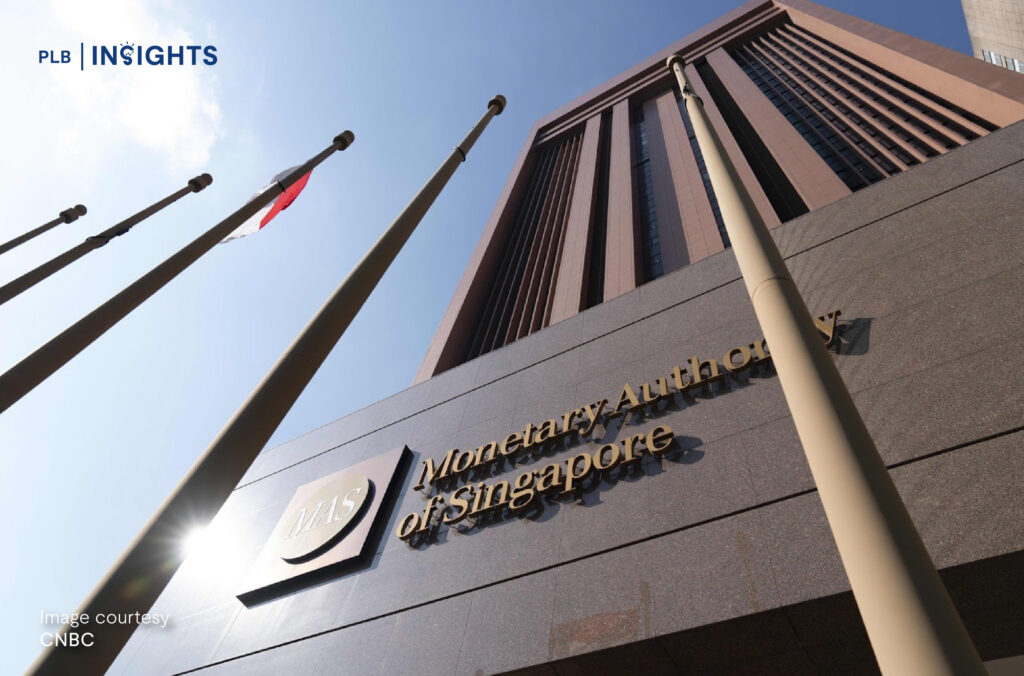
Closing Thoughts
In conclusion, the potential impact of a Trump presidency on Singapore’s property market is a complex and multifaceted issue, involving numerous global economic factors. Changes in U.S. trade policies, interest rates, and inflation under Trump could indirectly influence Singapore’s economic landscape, shaping everything from construction costs to mortgage rates. While Singapore’s property market has traditionally been buffered from direct external shocks by robust regulatory controls, the interlinked nature of global markets means that shifts in the U.S.—particularly in areas like bond yields and trade tariffs—could still create ripples that reach Singapore. For property buyers and investors, this means staying alert to fluctuations in interest rates, which could be influenced by both U.S. fiscal policies and local factors such as the convergence of short-term and long-term bond yields.
Ultimately, Singapore’s property market remains relatively resilient, thanks to strong domestic demand and regulatory safeguards. However, buyers and investors should be aware of the global undercurrents that may shape mortgage rates and financing costs over the coming years. If the U.S. embarks on significant fiscal expansions, the resulting increases in U.S. bond yields could lead to higher borrowing costs worldwide, including in Singapore. While these changes might make mortgages more costly in the short term, they also highlight the importance of strategic financial planning for long-term property investments in an increasingly unpredictable global environment. As the world adjusts to shifts in U.S. policy, Singapore’s real estate market will continue to navigate these challenges, balancing local stability with the influences of a broader, interconnected economy.
Have more questions about navigating the property market in the current landscape? Do reach out to our team of experienced consultants here and we’ll be glad to advise with personalised consultations for your portfolio. As always, see you in the next one.


